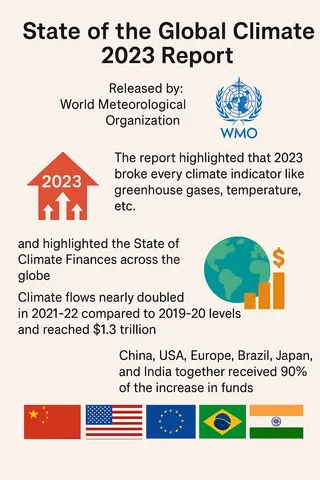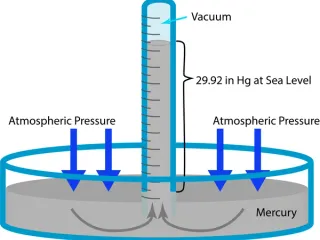The changing of seasons is a deeply ingrained part of the human experience, and the anticipation surrounding each new season is a universal phenomenon. This anticipation stems from a variety of factors, both psychological and environmental.
Reasons for Seasonal Anticipation:
- Weather Changes: The shift in temperature and weather patterns brings a welcome change of pace. The warmth of spring and summer after a cold winter, or the crisp coolness of autumn after a hot summer, is often eagerly awaited.
- Longer Days/Shorter Nights (Spring/Summer): The increase in daylight hours in spring and summer impacts mood and activity levels. More sunlight means more opportunities for outdoor activities and a general sense of greater energy and well-being.
- Seasonal Activities and Holidays: Seasons are associated with specific activities and holidays that people look forward to. The festive cheer of Christmas in winter, summer vacations, spring picnics, or the vibrant colors of fall foliage all contribute to the excitement.
- Natural Beauty: The changing colors of leaves in autumn, the blossoming flowers of spring, the lush greenery of summer, and the serene landscapes of a snow-covered winter all provide aesthetic pleasure and a sense of renewal.
- Psychological Factors: Seasonal changes can affect mood and mental well-being. The anticipation of a brighter, warmer season can be particularly powerful for individuals experiencing seasonal affective disorder (SAD), although it's crucial to note that SAD is a clinical condition requiring professional help.
- Breaking the Monotony: The cyclical nature of seasons provides a sense of rhythm and predictability in our lives. The anticipation of a new season can act as a welcome break from the monotony of daily routines.
While the anticipation of each season is largely positive, it's important to acknowledge that the changing seasons can also be challenging for some. Seasonal Affective Disorder (SAD) affects individuals differently and seeking professional support is crucial if you're struggling with seasonal mood changes.
For more information on seasonal affective disorder, you can visit the website of the National Institute of Mental Health (NIMH).














-(20)jpeg-1745030278713.jpeg.webp)














































